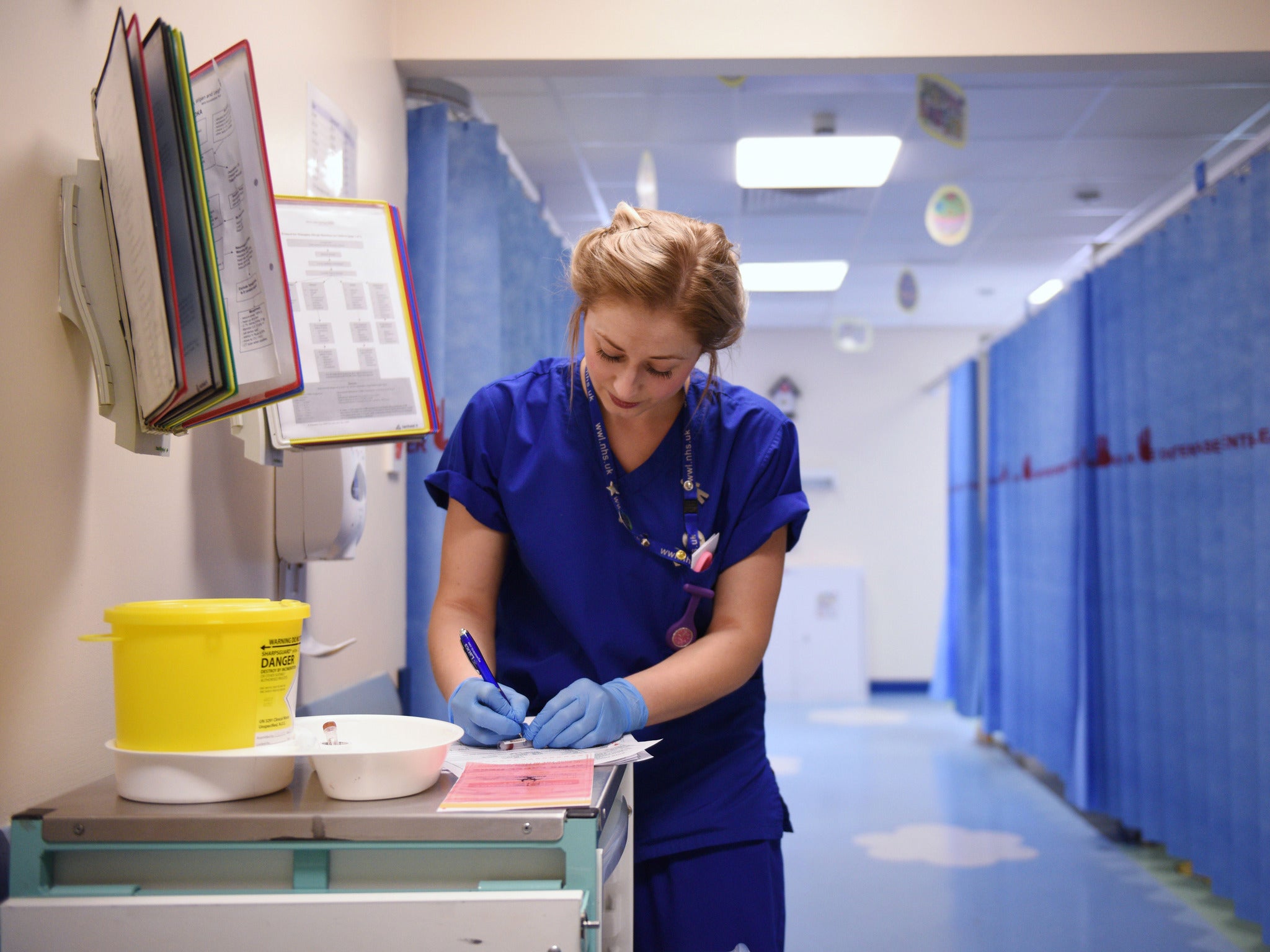I don't blame doctors for walking out of pay negotiations with the Government
Angry, demoralised, and with no idea how much they will earn next year. Who'd be a junior doctor today?

If I was a young doctor working in the NHS today, I would be fuming.
I like to think that the ethos of public service and the desire to help that drove most of our junior medics into the profession in the first place will be enough to keep their heads up, and most importantly to keep them in the profession.
But I wonder. How much more can the Government rely on this current of goodwill? Will it eventually run out?
More on this:
The Health Secretary has lost the confidence of the medical profession in his attempt to reform the NHS
NHS is suffering its 'hardest decade ever', warn think-tanks
Let us begin with the basics of what a young doctor is: a person who - at an age when most of us are still figuring what on earth we’re going to do with our lives - takes on personal responsibility for another’s life. For lots of other lices.
The NHS today is busier than it has ever been. The population is getting bigger, medicine advances and keeps us alive for longer, so there’s more time for us to get sick. A busy NHS is, in some ways, a cause for celebration.
But with more of us arriving at the surgery or hospital door, you’d hope there would be an equivalent increase in the number of doctors, nurses, radiographers, scanners, porters, bed managers and everything else required – enough of increase to keep pace with demand.
That hasn't happened. Demand on the NHS increases by about 4 per cent each year. Since the economic crash of 2009, funding has gone up by 1.1 per cent each year. It is the longest the NHS has ever gone without a much-needed injection of extra cash to catch up with demand. So it’s reasonable to assume that when people working in the NHS say they are working harder than ever, they are not just whining. They are telling the truth.
Junior doctors are the ones who are at the sharp end. Their rotas often involve stints of 12 days’ work in a row. Because the NHS never sleeps, quite often, neither do they. Such is the demand on hospitals, employers are understandably strict about time off and rota planning - with the result that juniors have to fight for time off for major life events such as funerals, or even their own wedding day.
This week, the Government told junior doctors they would be forcing a new contract of employment upon on them because their union, the British Medical Association, has refused to return to the negotiating table.
Not coming to a negotiating table sounds like an unreasonable thing to do. But given the terms of the new contract and the unanswered questions about it, and the unique pressure on doctors, I have sympathy.
Entering a contract, I would be keen to know how much money I would be making. If it was the same or more than I had previously made, I would be willing to listen on any other changes to terms and conditions. If it was less, I would be less inclined to do so.
Despite a broad statement from Government that the plans for junior doctors are “cost neutral” and will include an increase in basic pay for doctors, NHS Employers still can’t say exactly what everyone’s pay will be. That can't be right.
Given that the contract also includes a novel reinterpretation of the working week – the “standard time” to which basic pay, rather than out-of-hours premiums, apply now runs from 7am to 7pm, Monday to Friday, and 7am to 10pm Monday to Saturday – many doctors fear their pay will indeed take a hit.
The new contract would also remove a financial disincentive for hospitals to work junior doctors to excess, which has led to concerns about burnout and patient safety.
The Government is not a pantomime villain and there will still be limits in place. No junior would be allowed to work more than cushty 72 hours in any seven consecutive days and average hours will still be subject to the European Working Time directive 48 hours.
But the vast majority of doctors feel that the proposals on the table are unacceptable. Given that they are already demoralised, underpaid and angry, perhaps the Government could pay them the small courtesy of telling them how much they are going to be paid and show them how their plans are good for patients? Otherwise, that current of goodwill might run dry at the worst possible time for the NHS.
Charlie Cooper is heath reporter for the Independent, Independent on Sunday and i

Join our commenting forum
Join thought-provoking conversations, follow other Independent readers and see their replies